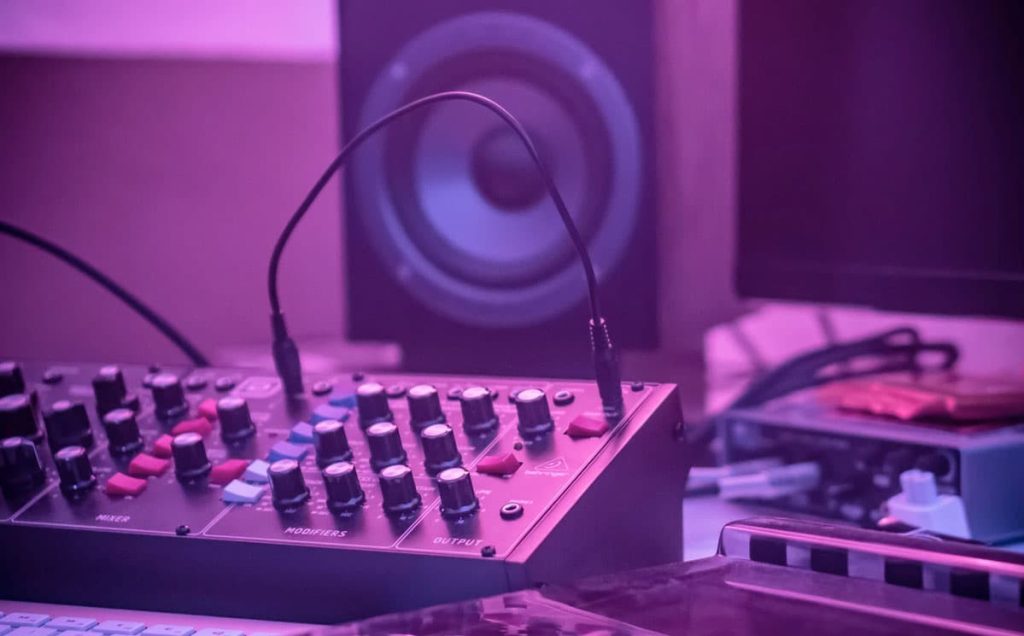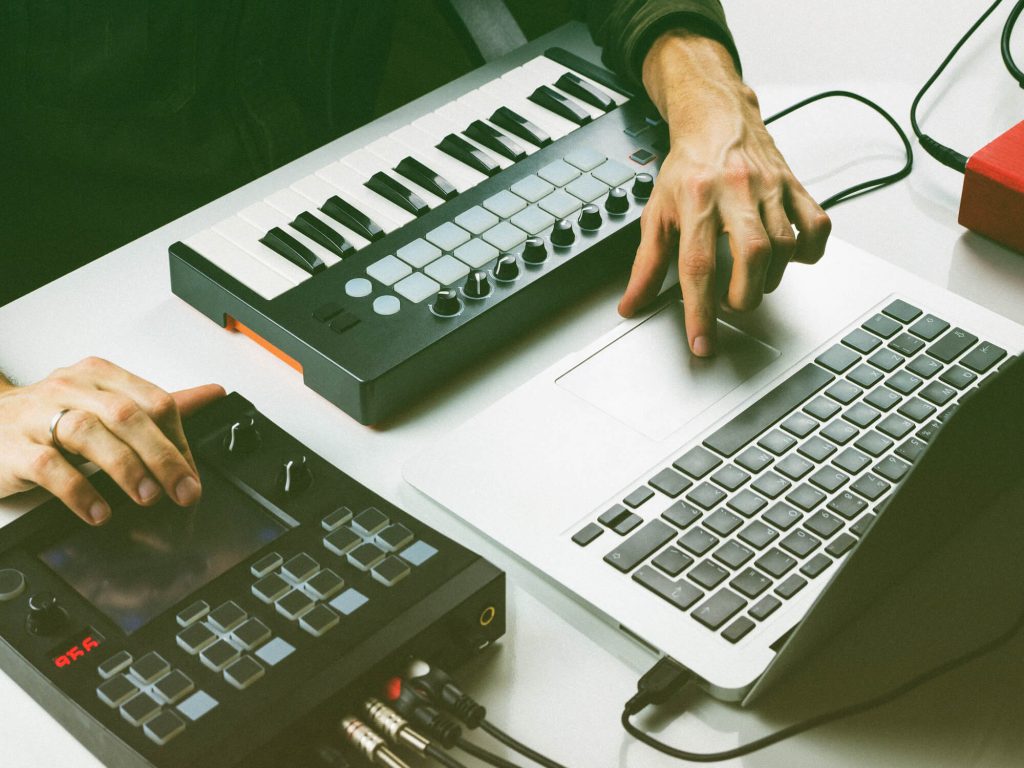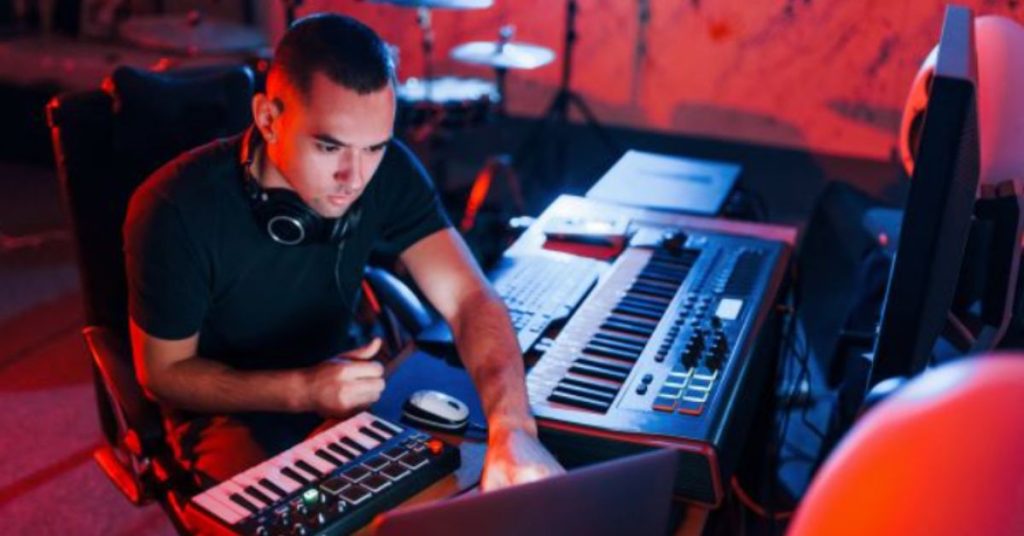For music enthusiasts, having a well-equipped studio is essential for capturing and refining their creative visions. Whether you’re setting up a professional music studio or a compact home studio, the right equipment plays a pivotal role in producing high-quality recordings. In this article, we will explore the importance of music studio equipment, delve into the essentials of home studio setup, and highlight the significance of recording studio microphones in capturing the essence of musical artistry.
Music Studio Equipment:
a) Audio Interfaces: Audio interfaces are the backbone of any music studio setup. They connect microphones, instruments, and other audio sources to your computer, enabling high-quality recording and playback. Audio interfaces such as the Focusrite Scarlett series or the Universal Audio Apollo Twin offer pristine audio conversion and versatile connectivity options.
b) Studio Monitors: Studio monitors are designed to deliver accurate and transparent sound reproduction. These speakers allow producers and engineers to hear the intricacies and nuances of their recordings, ensuring precise mixing and mastering decisions. Brands like Yamaha, KRK, and Adam Audio offer popular choices for studio monitors.

c) MIDI Controllers: MIDI controllers are indispensable tools for music producers and electronic musicians. They allow for hands-on control of virtual instruments, software synthesizers, and recording software. MIDI keyboards, drum pads, and control surfaces offer intuitive ways to express musical ideas and enhance the creative process.
d) Digital Audio Workstations (DAWs): DAWs are the software platforms where music production and recording take place. They provide recording, editing, mixing, and mastering capabilities. Popular DAWs such as Ableton Live, Pro Tools, Logic Pro, and FL Studio offer diverse features, plugins, and effects for comprehensive music production.
Home Studio Equipment and Setup:
a) Acoustic Treatment: Proper acoustic treatment is vital in a home studio to minimize unwanted reflections and ensure accurate sound monitoring. Acoustic panels, bass traps, and diffusers help create a balanced listening environment, improving the overall recording and mixing experience.
b) Microphone Stands and Pop Filters: Sturdy microphone stands and pop filters are essential for achieving optimal microphone positioning and reducing plosive sounds during vocal recordings. They contribute to cleaner and clearer recordings.

c) Headphones: High-quality studio headphones are crucial for critical listening, editing, and monitoring. They provide accurate sound representation and allow for detailed adjustments during the mixing process. Brands like Sennheiser, Beyerdynamic, and Audio-Technica offer renowned studio headphone options.
d) Cables and Connectors: Reliable cables and connectors ensure seamless audio signal flow between equipment. XLR cables, instrument cables, and balanced connectors are essential for maintaining signal integrity and minimizing interference.
Recording Studio Microphones:
a) Condenser Microphones: Condenser microphones are widely used in recording studios due to their sensitivity and accuracy. They capture detailed vocals and instruments with exceptional clarity. Popular condenser microphones include the Neumann U87, AKG C414, and Audio-Technica AT2020.
b) Dynamic Microphones: Dynamic microphones are versatile and rugged options suitable for various recording scenarios, including live performances and instrument capturing. They handle high sound pressure levels and offer robust durability. The Shure SM58, Sennheiser MD 421, and Electro-Voice RE20 are renowned dynamic microphones.

c) Ribbon Microphones: Ribbon microphones excel in capturing the warmth and smoothness of sound sources. They add a unique sonic character to recordings, making them ideal for vocals, brass instruments, and guitar cabinets. The Royer R-121 and Beyerdynamic M 160 are popular choices for ribbon microphones.
Importance of Music Studio Equipment and Recording Studio Microphones:
High-quality music studio equipment and recording studio microphones are fundamental for achieving professional-level recordings. They enable musicians, producers, and engineers to capture the essence of musical performances with accuracy and fidelity. The right equipment enhances sound quality, provides creative possibilities, and ensures the precision required for effective mixing, mastering, and production. From versatile audio interfaces to reliable microphones, each component contributes to the overall success of a music studio setup.
Conclusion:
Building a well-equipped music studio, whether in a professional or home setting, requires careful consideration of essential equipment. From audio interfaces to studio monitors, and MIDI controllers to recording studio microphones, every piece plays a crucial role in capturing and refining musical artistry. By investing in high-quality equipment and understanding its significance, musicians can create immersive and professional recordings, unleashing their creative potential and bringing their musical visions to life with unmatched precision and clarity.
